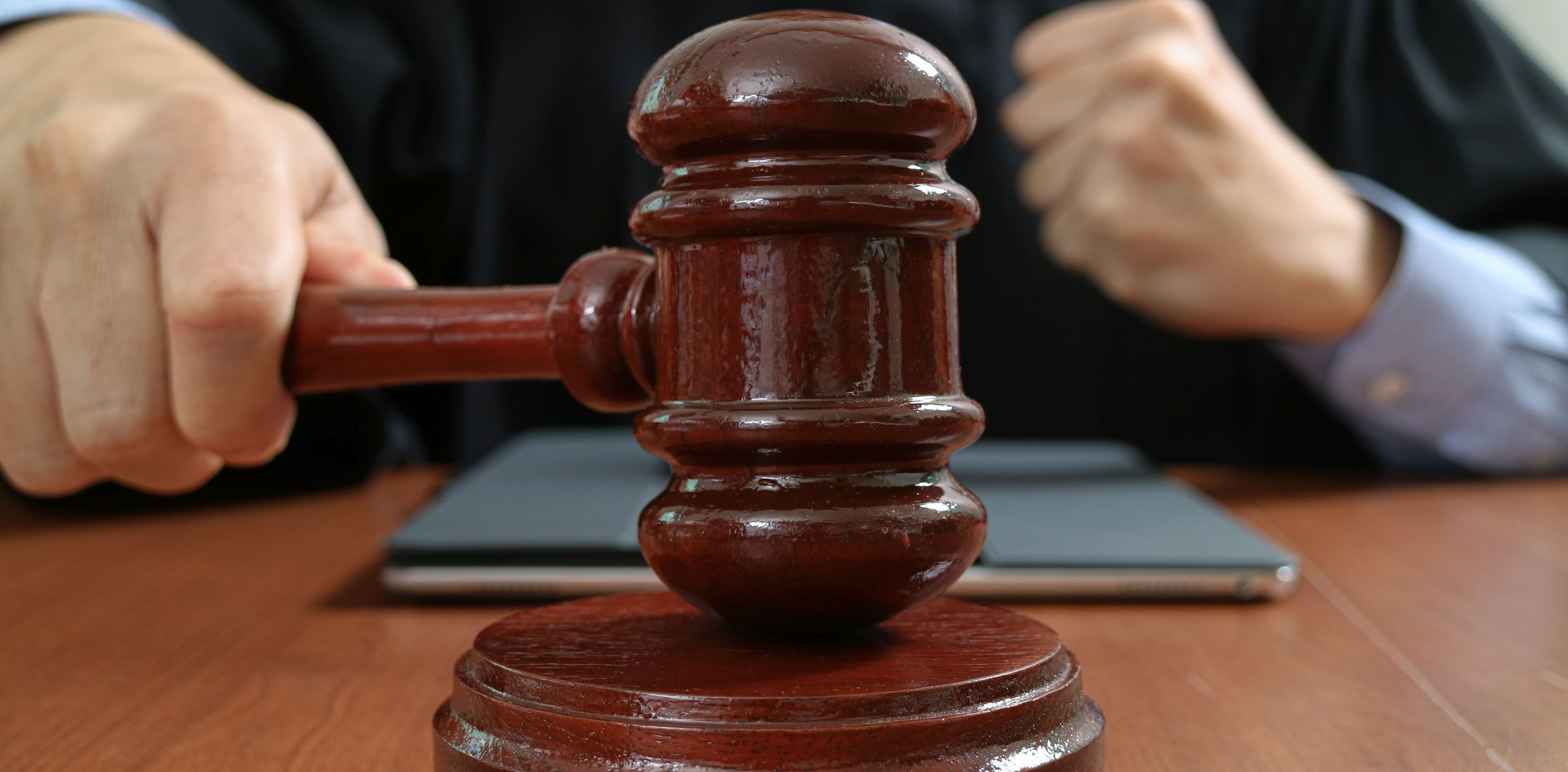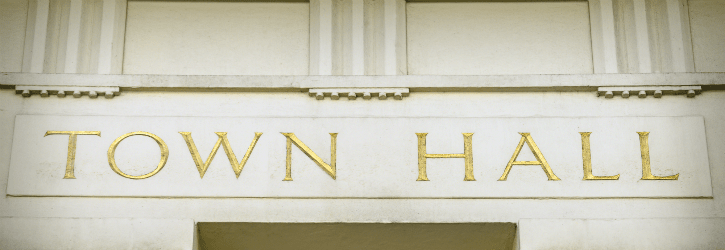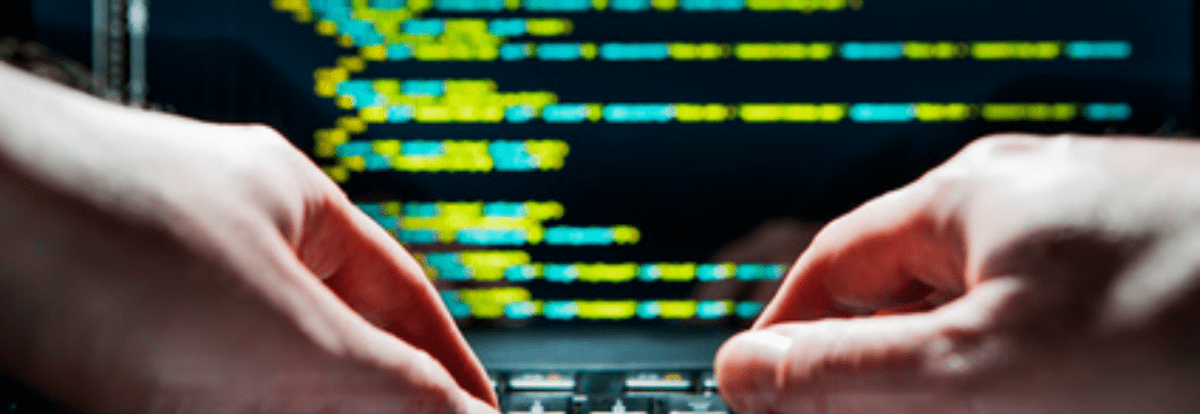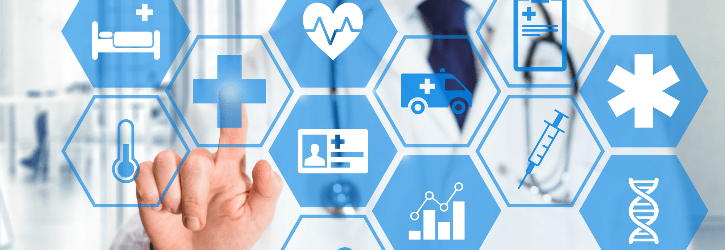Welcome To The Data Leak Lawyers Blog
We focus on the latest news surrounding data breaches, leaks and hacks plus daily internet security articles.
We focus on the latest news surrounding data breaches, leaks and hacks plus daily internet security articles.

The Covid-19 pandemic has been widely linked to increased cyber threats, some of which may have involved targetting Covid-19 patients’ data. As a global crisis, it is unsurprising that cybercriminals have been seeking to take advantage of the vulnerabilities that have emerged due to the coronavirus pandemic.
In fact, patients’ medical information has always been a prime target for cybercriminals, given the sensitivity of healthcare records generally. In our previous and ongoing data breach claims, some of the most harmful incidents have been those that have exposed private medical records, often resulting in victims suffering from severe psychological side-effects.
We are close to the year two mark of when the world changed, but the coronavirus pandemic is far from over, so the data security threat to the healthcare sector is still present. However, where healthcare organisations do not have appropriate defences in place, they could still be partially responsible when cyberattacks are successful. If you have been affected by a data breach as a result of the negligence of a healthcare organisation, you could be eligible to claim compensation now.

The Cabinet Office has been issued with a penalty in the sum of £500,000 for the 2020 New Year Honours data breach, an incident that we have resolved legal action for.
The fine has been issued by the UK’s data watchdog, the Information Commissioner’s Office (ICO), which is intended to act as a punishment for what has happened. Such penalties can also act as a deterrent against future events.
We are pleased to see that regulatory action has now concluded. The fine is a separate matter to private legal action that victims of the data leak can be entitled to pursue. We have already resolved legal action that we have taken, having been instructed to act in the wake of the event, and this fine further cements that victims could be entitled to pursue a claim for compensation.

The civil service spreads across a number of different departments, and handles a large amount of sensitive information. With the responsibility of processing, handling and storing such private data, we would expect the civil service to ensure that such data remains secure. Instead, there have been a number of civil service data breaches in recent years which indicates that these government departments may need to improve their data protection strategies.
In accordance with UK data protection law, all organisations in possession of information must protect it from exposure with appropriate procedures and cybersecurity measures. If they fail to do so, they could be deemed to have broken the law, and may face sanctions or penalties.
But also, if you have been affected by a data breach, you could be eligible to claim compensation for any harm caused. Even the civil service is not exempt from data protection law, so come to us for free, no-obligation advice if you think you may have a compensation claim to make.

Educational institutions have been targeted by cyberattacks with increasing frequency in the past few months, so the risk to the private information that is held by schools appears to be pronounced. In this climate of hacks and ransomware, it is important that high schools are doing everything they possibly can to protect the sensitive information of students, staff and parents, or there could be an increasing number of high school data breaches.
All schools hold a wealth of information about their pupils, from home addresses to medical information. It is important that teachers can access these details when necessary for the purposes of safeguarding and student welfare, but this also means that schools have an obligation to manage and process this information securely.
If you or your child has been affected by a high school data breach, you may be eligible to make a data breach claim for any harm caused. Where schools are responsible for the exposure of private information, they must be held accountable. Claiming compensation can be a route to ensuring that justice is achieved.

In September 2020, the National Cyber Security Centre issued an alert, warning of increasing ransomware affecting schools, as well as colleges and universities. Earlier in 2021, the alert was updated to warn of yet another spike. The numerous headlines, especially over the summer, suggested that schools have been hit particularly hard, with successful attacks that can harm many people emerging on a regular basis.
Ransomware remains one of the most prominent cybersecurity threats faced by businesses and organisations in today’s digital age. Via ransomware, attackers could gain the power to take control of entire systems or networks. They could bring operations to a standstill, and could potentially steal swathes of private information. Where schools are concerned, ransomware can be particularly dangerous, as these organisations often hold a great deal of sensitive information relating to vulnerable children and young people.
As the ransomware threat shows no sign of abetting, it is essential that schools take action to improve their prevention and response methods, or they could be liable for the exposure of extensive personal data. Where a school has failed to protect the private details of you or your child, you could be eligible to pursue a data breach compensation claim now.

Oxford City Council issued an apology over a possible data breach that the local authority may have caused. It is said that a computer error may have exposed information contained in rent statements.
Following news coverage from The Oxford Mail, the exact nature of this security incident and its impact has been unclear. It was not decisively identified as a data breach, but incidents such as this nevertheless highlight the damage that can be brought about by unintentional data protection errors. Even where the data controller has not broken data protection law, it is important to flag potential negligence to ensure that it is thoroughly investigated.
As a victim of an information security incident, it can often be difficult to tell whether or not an organisation has breached your rights under data protection and privacy law. This is why it is important to seek legal advice if you have reason to believe that your personal information has been compromised. At Your Lawyers – The Data Leak Lawyers- as leading data compensation claims experts, we can offer potential data breach victims free, no-obligation advice on their eligibility for a compensation claim.

The Labour Party data breach is currently being investigated, and is understood to involve a ransomware cyberattack with information held by a third party currently inaccessible.
It is understood that the Labour Party’s own systems have not been affected by this, and it is a case of a third party that holds information about members being hit by a cyberattack. It remains unknown as to exactly how many people may have been affected and what information could have been exposed. We have started taking on claims for those who have approached us.

DVLA data breach claims can cause a significant impact on the victims, given the nature of the very personal and sensitive information that can be misused or exposed.
If you have been affected by a data breach, leak, hack, or another form of information exposure involving the DVLA, we may be able to help you. We can offer No Win, No Fee legal representation for eligible clients, and it is a quick and easy process to get a claim set up and started without delay. All we usually need is a little information from you and we can get your legal case up and running right away for you.
Your Lawyers – The Data Leak Lawyers – is a leading firm of data breach compensation specialists that have been pursuing privacy claims for far longer than most other firms. The team is always happy to offer free, no-obligation advice here.

With the cyber threat facing healthcare organisations across the globe and on a domestic level at a high, a significant Public Health England data breach could easily happen. With cybersecurity and data protection under such scrutiny, it is natural that doubts have been cast over all kinds of data controllers in the healthcare sector.
The spike in cyberattacks on the healthcare sector has been a much-reported issue over the past year or so, with a perception that cybercriminals have sought to take advantage of the chaos caused by the coronavirus pandemic. However, it is also true that a vast number of data breaches within the healthcare sector are caused by human error, so healthcare organisations must focus on internal training to ensure that they keep information secure.
If you have been affected by a healthcare data breach, you may be entitled to claim compensation for the harm caused. At Your Lawyers – the Data Leak Lawyers – as leading privacy claims experts, we have years of experience in data breach claims, and we can use our expertise to help you achieve the justice you deserve.

On top of the Covid-19 pandemic, healthcare organisations across the globe have also had to contend with rising healthcare cyberattacks since the outbreak began. Cybercriminals, perceiving that attention was diverted to managing the virus, have perhaps seen the pandemic as an opportunity to target hospitals and healthcare organisations under strain. The need for strong cybersecurity in the NHS has, therefore, never been more urgent.
Unfortunately, the NHS has not been known for good cybersecurity and data protection measures in the past, having suffered a number of severe cyberattacks and data breaches in recent years. One of the most infamous incidents was the WannaCry ransomware attack of 2017, where the NHS was said to be more susceptible to this attack due to a failure to follow cybersecurity recommendations.
Even within the context of the Covid-19 pandemic, there is no excuse for poor data protection by healthcare organisations, and the government must step in where funding is an issue. It is vital that action is taken to tackle the short-term threat, as well as planning for the future of cyberattacks.
Fill out our quick call back form below and we'll contact you when you're ready to talk to us.